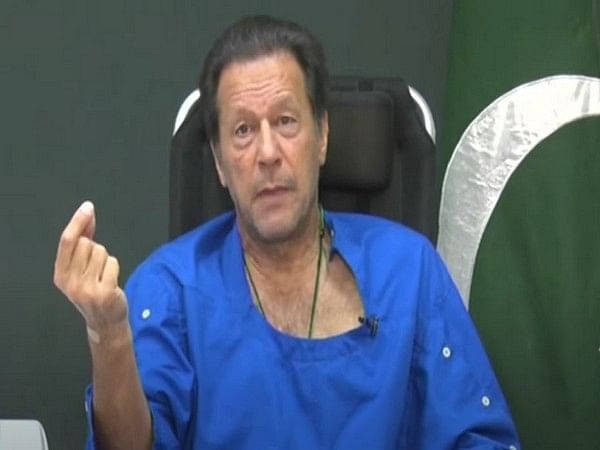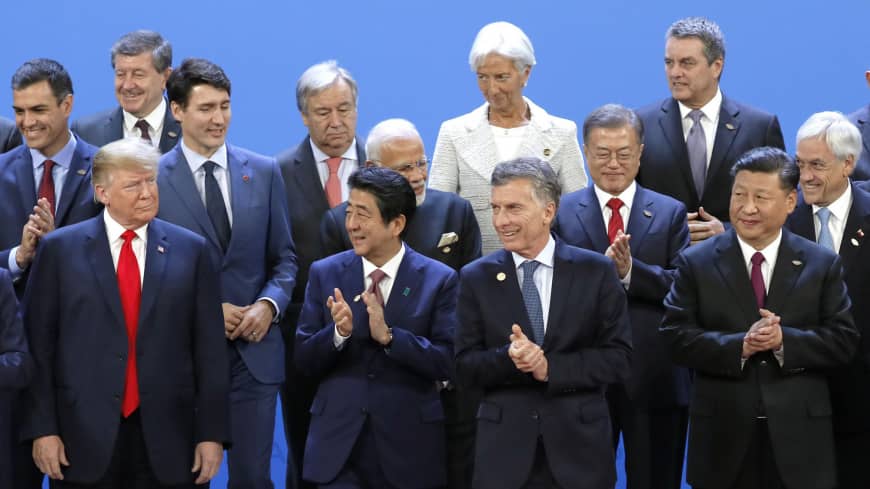India chose to get out of trading talks with groups of Asian countries led by the US, once again avoiding easing access to its market through multi-country agreements, while moving forward with others in areas including supply chains and clean energy.
The South Asian nation is the only participant in the Indo-Pacific Economic framework of 14 countries that did not enter the group negotiation path on trade, according to a statement released after two days of meetings in Los Angeles.
Known as IPEF, this initiative is an effort by President Joe Biden’s administration to deepen relations with Asian countries through various problems including trade, climate change, supply chain and taxation. This is also among the US levers to fight the increasing influence of China, although US officials have emphasized that they did not ask partners to choose between Washington and Beijing.
India made a similar step in 2019, when deciding to get out of talks about the regional comprehensive economic partnership supported by China, the largest regional free trade agreement in the world which includes almost one third of the global population and gross domestic product.
Prime Minister Narendra Modi said at that time that he attracted attention about concerns about how RCEP would affect the livelihoods of Indians, especially the most vulnerable.
US officials in Friday Briefing said New Delhi’s decision not to join showed the flexibility built for the IPEF framework, with US trade representative Katherine Tai added that bilateral trade talks would continue between the US and India.
Indian Trade Minister, Piyush Goyal, said in a briefing that the benefits for India are still unclear from trade commitments related to problems throughout the environment, labor and digital trade, and that he wants to avoid any conditions that will endanger developing countries. He added that India would remain engaged and “Waiting for the final contour was decided before we officially associated with trading tracks.”
After being launched in May, representatives from IPEF Nations met for the first time this week to determine their main negotiation tracks. Trade Secretary Gina Raimondo, spoke to the same briefing, said that there was no consensus about when IPEF would complete negotiations in four tracks, or “pillars.”
In addition to trade, it was labeled Friday as a supply chain; Clean economy, which focuses on transition to renewable energy and combat climate change; and a fair economy, which includes taxation and corruption issues. All 14 countries signed for the three.
Countries are working on “a very aggressive time line,” Raimondo said. In May, a US official said that the Biden government aims to have a substantive commitment in about 12 to 18 months. Raimondo added that on Friday it would be positive to have an IPEF pillar approved in November 2023, when the US hosted the Asia-Pacific Economic Partnership Forum, which promoted free trade.
There is a desire to get the United States back in this region on a large -large -scale,” US Trade Representative Sarah Bianchi told reporters. “There is only a view that if we can make an executive agreement that we all sign, that it will really be durable and durable and does not have to go through several more political aspects than our system.”


